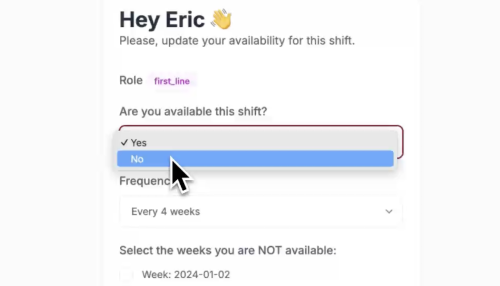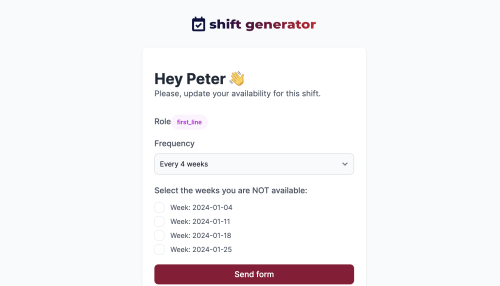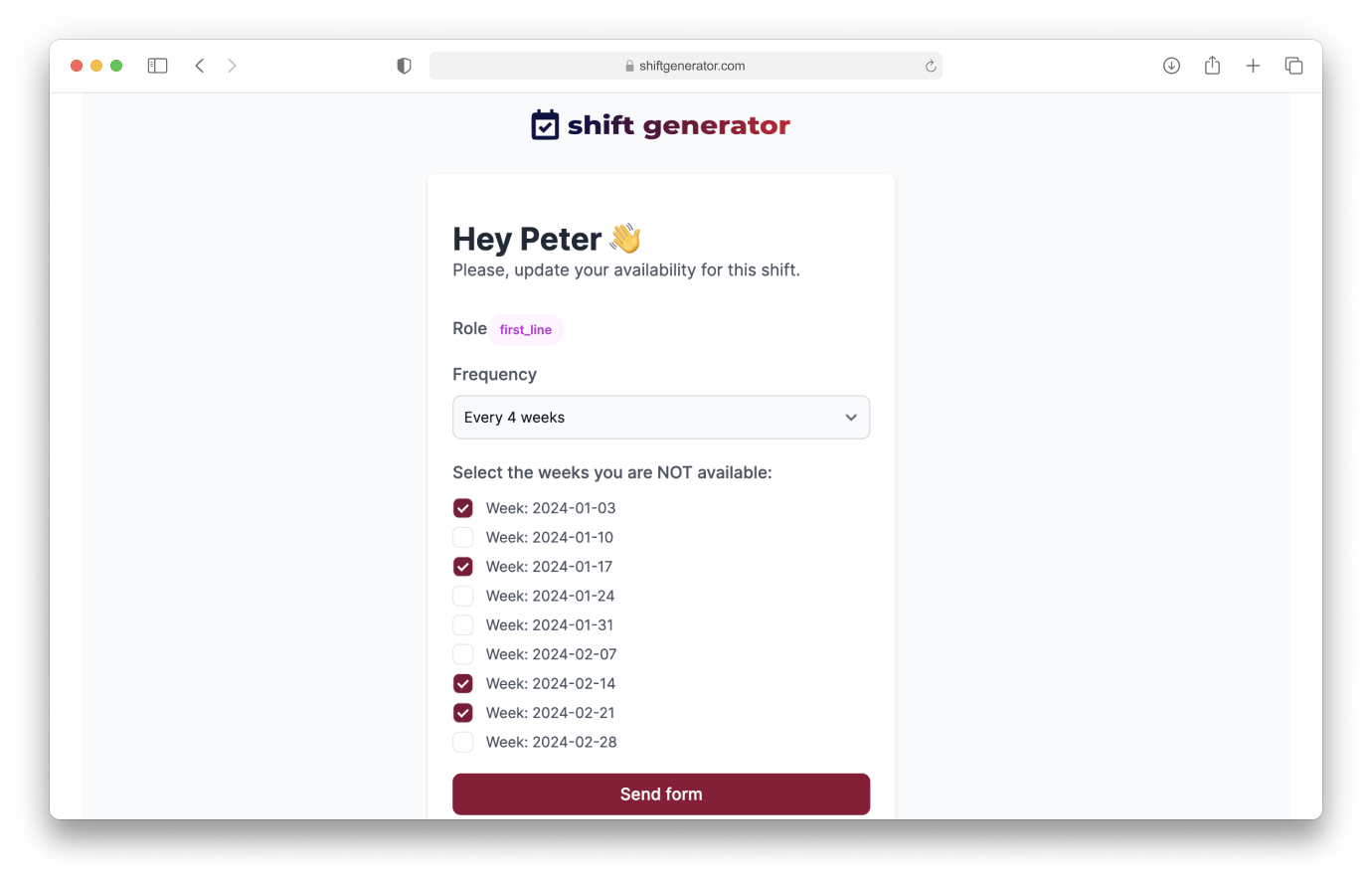Why you need a second-line engineer in your on-call

In previous posts, we discussed the importance of incident process management for your on-call team. In this post, we are going to analyse why it is important to have two lines in your on-call system.
Main reasons for having a second-line engineer:
Avoiding limited expertise
Individual contributors typically participate in on-call shifts. They have specific knowledge within their domain but may lack expertise in all systems. Complex incidents sometimes necessitate diverse skill sets.
Increasing collaboration
During active incidents, collaboration is crucial. With two lines of on-call support, engineers can collaborate effectively to resolve incidents.
Reducing burnout
Being on-call entails significant responsibility and can generate stress for engineers. Having two lines instil confidence in engineers, knowing they can escalate incidents to the second line for assistance if needed.
Resilience
Even while on-call, a phone might fail. Having two lines enables automatic escalation of incidents to the second line if the first is unavailable.
With two clicks, they can submit their availability. At that point, our system will automatically process this and take it into account when you generate the shift schedule.
As mentioned before, it is highly recommended to have two lines in your on-call process. Big companies like Google or Netflix use this approach to increase levels of reliability. Of course, having two lines increases the cost of on-call, but it is definitely a worthwhile investment.
In ShiftGenerator, we aim to assist you in managing shifts with two lines. That's why we offer a feature included in all plans, allowing you to manage both first and second lines.
If you have any questions about organising your on-calls, you can reach out to us at info@shiftgenerator.com, and we will help you.



